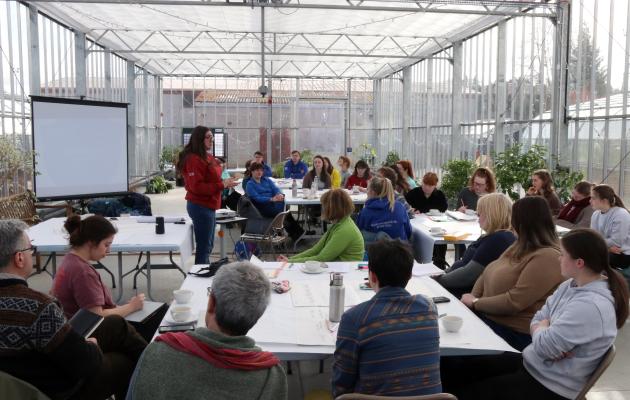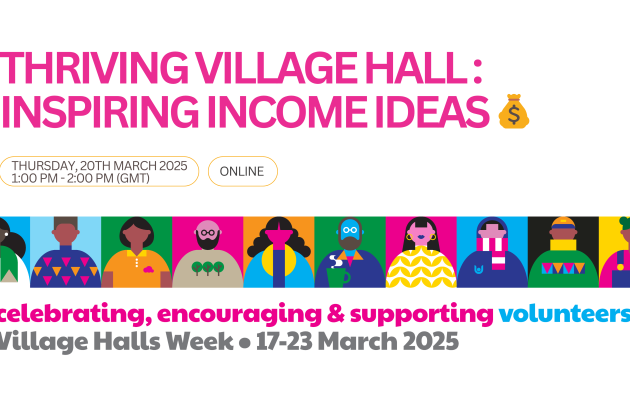Sheena Boyd is an SRA trustee and volunteer. This week she travelled to Westminster to give the Scottish Affairs Committee evidence about financial and banking services in rural Scotland.
The Scottish Affairs Committee is appointed by the House of Commons. It examines the expenditure, administration and policy of the Scotland Office and its associated public bodies.
Excerpts from Sheena’s report:
I am a volunteer Director for Scottish Rural Action. We are a small grassroots charity based in the whole of Scotland. We cover rural communities and our aim is to provide a voice for people who live in rural communities and to promote equity for rural communities. In my paid work, I work as a development officer for a development trust in rural East Ayrshire. I live in rural Dumfries and Galloway and have done for a long time. I volunteer there in various roles. I hope to be able to answer any questions about people’s lived experience at the coalface of the receiving end of financial services, access or no access.
If you don’t have broadband, you cannot access online banking. The ATM network is very important in rural areas, as you just said, but what seems to be the case is that people are more comfortable using those that used to be banks—they still have the name Royal Bank of Scotland or Bank of Scotland—than the ones that appear in a corner shop or attached to a shop. There does not seem to be the same confidence in using that and they do not seem to be as reliable. From what people say to me anyway, they are not as comfortable relying on that way of getting their cash. They say either the machine takes their card, or they don’t get the money, so although the service is there in some cases, they do not want to use it. I think older people in particular would prefer to go to a shop and withdraw money at the till, but if there is a bank’s own cash machine, people seem to be happier to use that.
See the full evidence session at Watch the full proceedings




